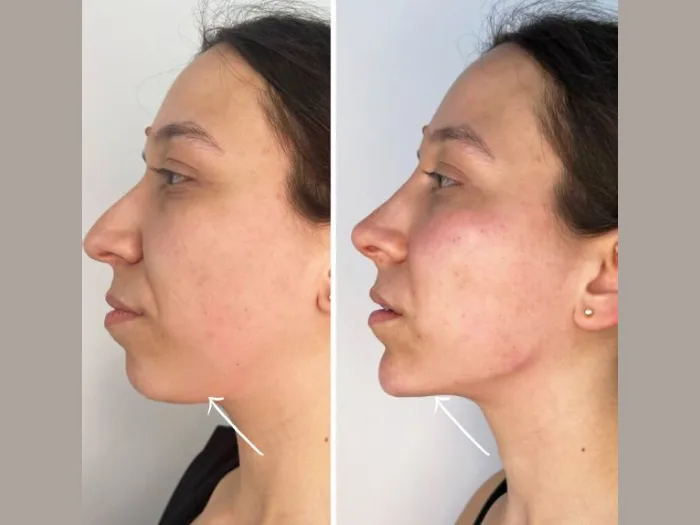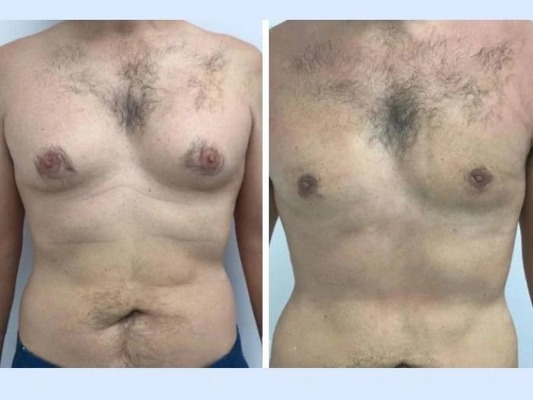Healthy, glowing skin is a reflection of overall well-being. Choosing the right skin care solution for your skin type is crucial, as using unsuitable products can lead to irritation, breakouts, or even exacerbate existing conditions. With so many skin care options available, it is often confusing to decide which one works best. This guide will walk you through the key steps in identifying your skin type, selecting the right treatments, and understanding how advanced medicines like isotretinoin 40 mg can help manage severe skin concerns.
Understanding Your Skin Type
Before choosing any product, you must first identify your skin type. Dermatologists usually classify skin into five main categories:
-
Normal Skin – Balanced skin with few imperfections, not too oily or dry.
-
Dry Skin – Tight, flaky, or rough texture, lacking natural moisture.
-
Oily Skin – Shiny appearance due to excess sebum production, prone to clogged pores and acne.
-
Combination Skin – Oily in some areas (like the T-zone) but dry in others.
-
Sensitive Skin – Easily irritated by harsh ingredients, prone to redness or burning sensations.
Knowing your skin type is the foundation for selecting the right solutions.
Common Skin Concerns
Your choice of skin care also depends on the specific issue you are trying to address. Some of the most common concerns include:
-
Acne – Breakouts caused by clogged pores, bacteria, and excess oil.
-
Hyperpigmentation – Dark spots or uneven skin tone caused by sun damage or hormonal changes.
-
Dryness – Lack of hydration leading to flaky, itchy skin.
-
Premature Aging – Fine lines, wrinkles, and loss of elasticity due to reduced collagen.
-
Sensitivity – Frequent irritation and redness due to unsuitable products or environmental triggers.
Choosing Skin Care Solutions for Different Skin Types
1. Normal Skin
If you have normal skin, focus on maintenance. Use a mild cleanser, lightweight moisturizer, and daily sunscreen. Occasional exfoliation will keep skin smooth and prevent buildup.
2. Dry Skin
Look for hydrating cleansers, moisturizers with hyaluronic acid, glycerin, or ceramides. Avoid alcohol-based products that strip natural oils. Rich creams or oils work best to restore moisture.
3. Oily Skin
Choose oil-free cleansers, gel-based moisturizers, and products with salicylic acid to reduce breakouts. Clay masks can also help absorb excess oil. Avoid heavy creams that clog pores.
4. Combination Skin
Balance is key. Use gentle cleansers and lightweight moisturizers. Spot-treat oily areas with oil-control products while hydrating dry patches.
5. Sensitive Skin
Opt for fragrance-free, hypoallergenic products. Aloe vera, chamomile, and ceramide-based creams are soothing options. Patch testing new products is essential.
Advanced Treatments for Severe Skin Issues
Sometimes, basic skin care routines are not enough. In cases of severe acne, scarring, or persistent oil-related issues, dermatologists may prescribe stronger medications. One of the most effective options is isotretinoin 40 mg.
What is Isotretinoin 40 mg?
Isotretinoin 40 mg is a powerful oral medication commonly used to treat severe acne that does not respond to conventional treatments like antibiotics or topical creams. It belongs to the retinoid class of drugs and works by:
-
Reducing excessive oil production.
-
Shrinking sebaceous (oil) glands.
-
Preventing clogged pores.
-
Reducing inflammation and bacterial growth.
This makes isotretinoin highly effective for patients with cystic acne, nodules, or widespread breakouts.
Benefits of Isotretinoin 40 mg
-
Long-Term Acne Control – Many patients experience lasting results after completing a course.
-
Scar Prevention – By reducing severe breakouts, it lowers the risk of acne scarring.
-
Oil Reduction – Helps in managing oily skin problems.
-
Improved Confidence – Clearer skin can boost self-esteem and mental well-being.
Risks and Precautions
While isotretinoin 40 mg is highly effective, it must be used under medical supervision due to potential side effects. Some risks include:
-
Dryness of skin, lips, and eyes.
-
Increased sensitivity to sunlight.
-
Temporary flare-ups at the start of treatment.
-
Possible effects on liver function and cholesterol levels.
-
Birth defects if taken during pregnancy.
Because of these risks, regular blood tests and strict adherence to dosage are required. Women of childbearing age are advised to use effective contraception during treatment.
Lifestyle and Skin Care Tips While on Isotretinoin
-
Moisturize Regularly – To combat dryness, use non-comedogenic moisturizers.
-
Apply Sunscreen – Protect skin from UV damage since isotretinoin increases sun sensitivity.
-
Stay Hydrated – Drink plenty of water to support skin hydration.
-
Avoid Harsh Products – Stay away from strong exfoliants or alcohol-based toners.
-
Follow Medical Advice – Never self-adjust dosage without consulting your doctor.
Alternative Skin Care Treatments
If isotretinoin is not suitable, other options include:
-
Topical Retinoids – Help unclog pores and improve cell turnover.
-
Oral Antibiotics – Reduce acne-causing bacteria and inflammation.
-
Chemical Peels – Improve skin texture and reduce dark spots.
-
Laser Therapy – Targets scars and pigmentation.
Final Thoughts
Choosing the right skin care solution for your skin type requires understanding your skin’s needs and being mindful of the treatments available. While basic care with cleansers, moisturizers, and sunscreen works for many, more severe conditions like persistent acne may require advanced options such as isotretinoin 40 mg.
When used under medical supervision, isotretinoin provides remarkable results by addressing the root causes of acne and oil production. However, due to potential side effects, professional guidance is essential.


